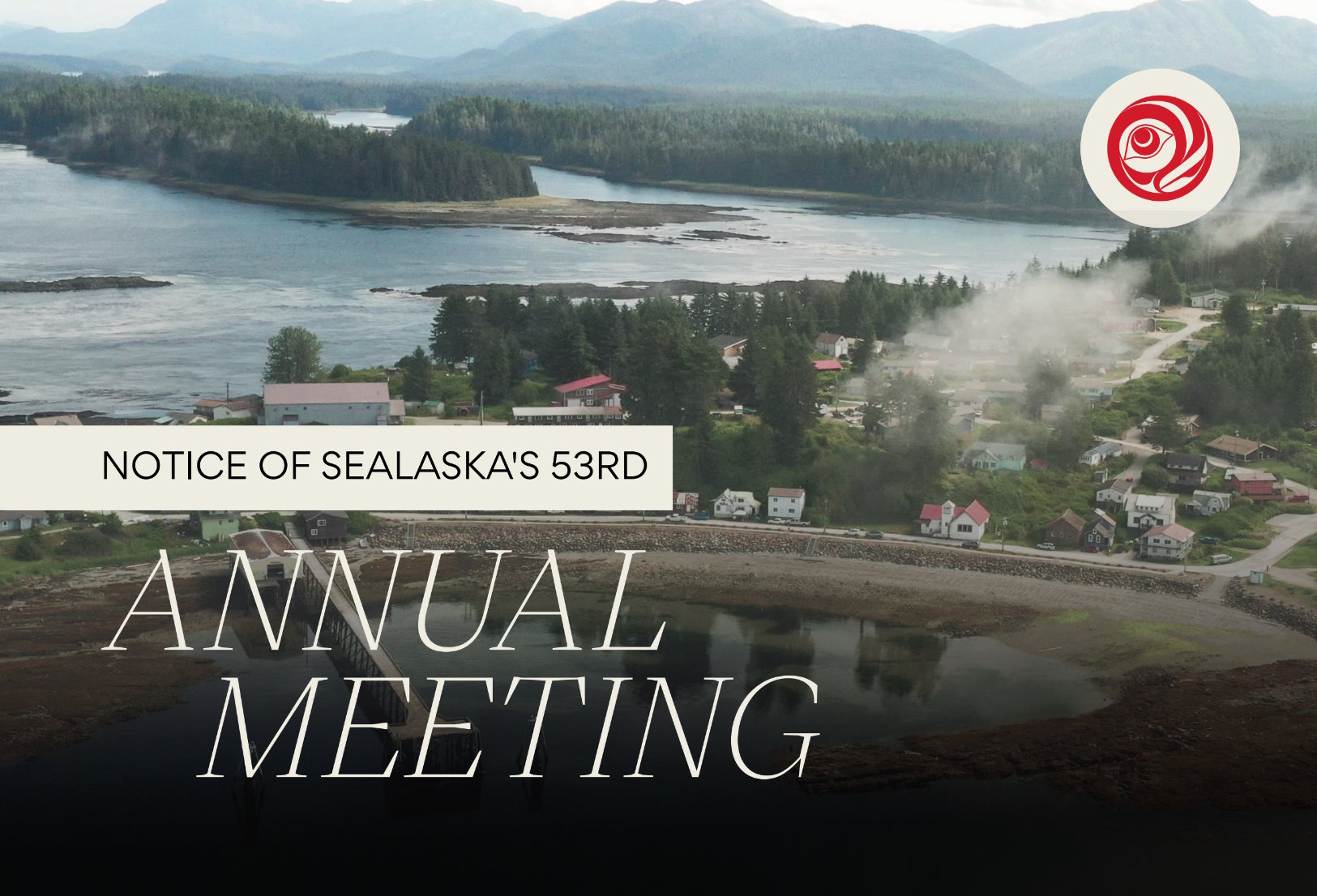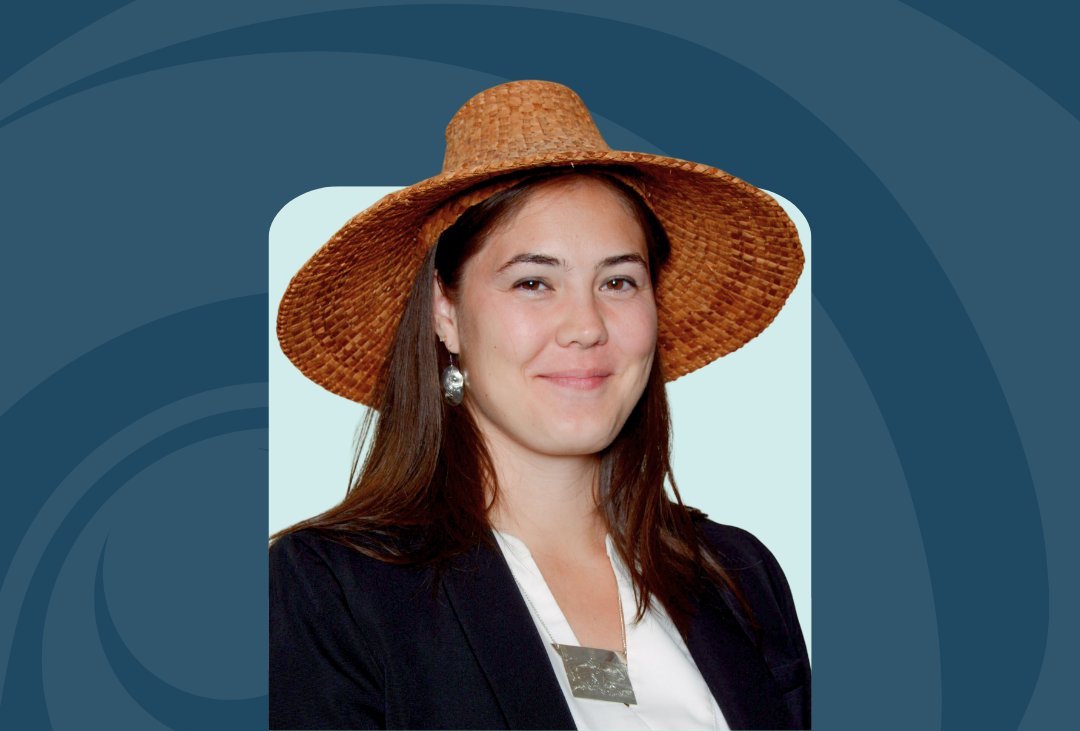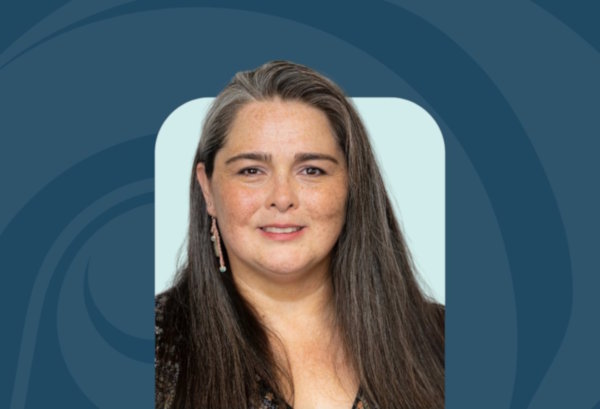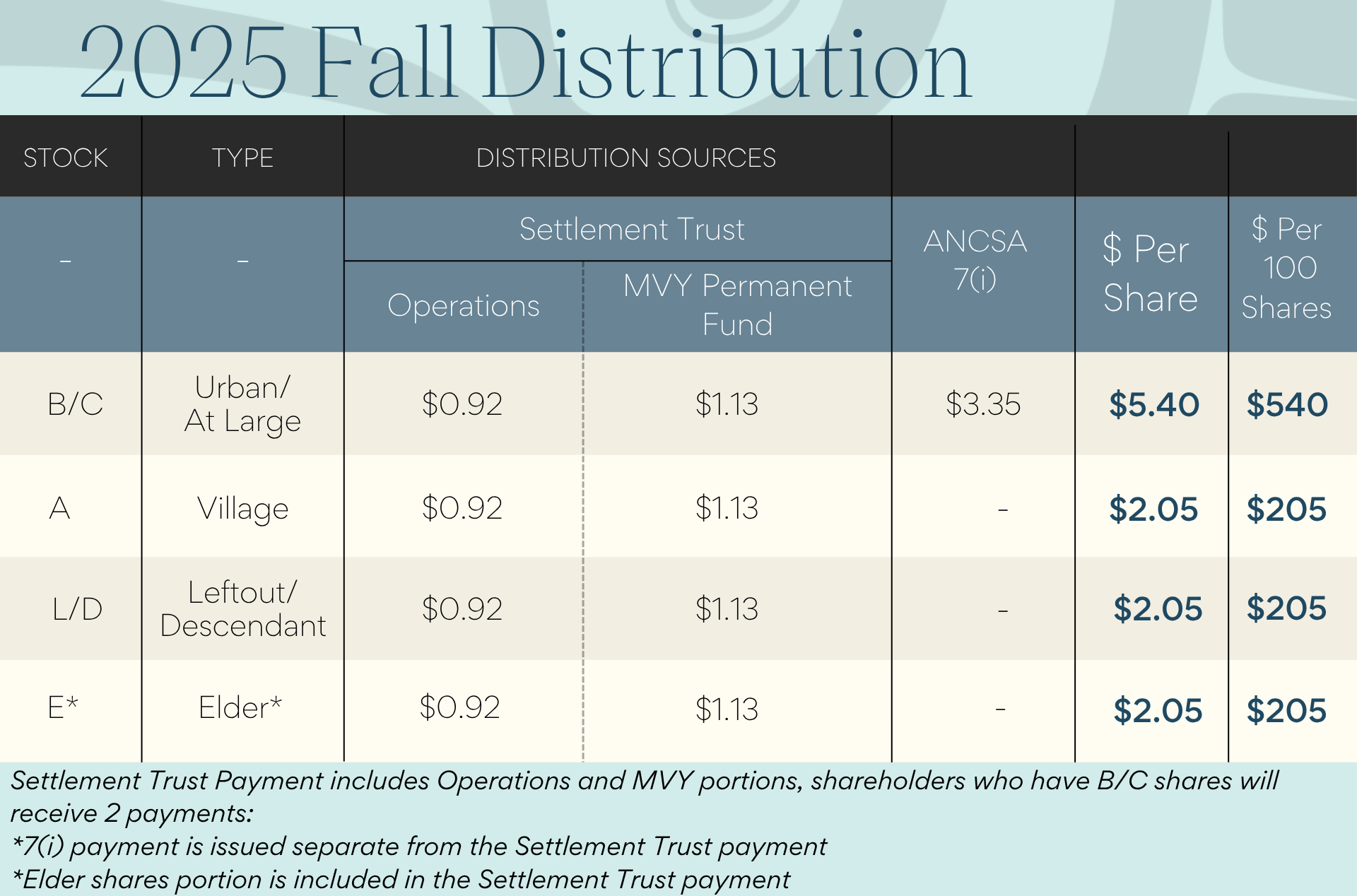Rural Southeast Entrepreneurs Learn Skills for the New Economy
Wednesday, January 27, 2021
 The summer of 2019 was the most promising yet for Stormy and Bonnie Hamar’s tourism business, Kasaan Arts, Museum and Canoes.
The summer of 2019 was the most promising yet for Stormy and Bonnie Hamar’s tourism business, Kasaan Arts, Museum and Canoes.
They had a big write-up in the local travel guide, fresh brochures to stock in ferry terminals and B&Bs, and a new contract pending with a day-cruise operator that would’ve guaranteed a stream paying customers throughout the summer of 2020.
But like so many others, their business took a major hit when the coronavirus pandemic forced the virtual cancellation of Alaska’s summer tourism season in 2020.
“Everything was going in the right direction,” Bonnie said. “Last year’s (Prince of Wales Chamber of Commerce Island Guide) had a huge article about our business – almost a full page – and we had all of these things happening in a good way. And now? Yeah.”
Late in the fall, Bonnie stumbled across a Facebook post from Spruce Root about an upcoming workshop that offered a glimmer of hope. The Juneau-based nonprofit was established in 2012 with $500,000 in seed capital from Sealaska. It provides entrepreneurs in Southeast Alaska with services like business coaching, group workshops and loan capital. The pandemic spurred Spruce Root to expand its virtual offerings to help more small businesses grappling with this crisis. Its services were there at the right time for the Hamars.
Determined to use the time to improve themselves and their business, the Hamars signed up for a virtual Spruce Root business-development workshop called “Master Class for the New Economy.” The course was designed to address the challenges of Southeast entrepreneurs struggling to adapt to the changes brought on by the pandemic.

“The class was really helpful for me … because after we got done with the class we sat down with our business-recovery plan template and plugged in our Kasaan Arts, Museum and Canoes business factors, some nonprofit stuff we’re working on, and what we considered our personal life into a separate plan, and tried to fit it all together into the calendar,” Stormy said.
The Hamars wrote their first formal business plan for Kasaan Arts, Museum and Canoes after taking the class. They also connected with expert mentors in a variety of business disciplines, and met a contact with the Alaska Small Business Development Center who helped them transition their business from a sole proprietorship to a limited liability corporation. The shift shields them personally from business losses and liability.
But just as important was the camaraderie they found amongst fellow small-business owners throughout Southeast.
“For us, we live in a Haida village and there’s about 70 people here,” Bonnie said. “You forget what the rest of the world is like. There are other people like you. You’re not alone. That was a good reminder.”
Alana Peterson, Spruce Root’s executive director, said that although the pandemic has dealt some substantial challenges to Southeast entrepreneurs – including herself, as the owner of two local businesses in Sitka – it has also revealed opportunities.
For Spruce Root, the opportunity has been to penetrate deeper into the smallest Southeast communities, like Kasaan, to deliver their workshops and help strengthen local economies. A $250,000 grant from Wells Fargo’s “Open for Business Fund” awarded in December will enable Spruce Root to help even more small-business owners like the Hamars.
“Before the pandemic, we wanted to reach more people for our business workshops, but we didn’t think they would be excited to spend hours in a virtual event,” Peterson said. “This year has created the environment we needed to build up virtual workshops. It has pushed us as a team to rethink how we deliver our trainings and allowed us to reach more people in the region, improving our products and services.”
For Stormy and Bonnie, the opportunity has been to tighten up their operations and set tangible, incremental goals that will help them get their business back on track and turning a profit when Alaska tourism rebounds.
“The class was amazing,” Bonnie said. “It made me think about things in a different way. Not only do we look at our financials differently, I now have a five-year planner on my desk that I have things written into each week in order to make our business profitable.”
Bonnie acknowledged there’s still a lot of uncertainty about when she and her husband will be back to offering tours. Kasaan and the Organized Village of Kasaan are still under voluntary quarantine.

In the meantime, she and Stormy are working on plans to expand the small museum that is part of their tour. Stormy, who is Haida, continues to work on his dugout canoe projects and other carvings, which he shares with guests in a carving tent.
Stormy said a big part of how the business evolved was because his work seemed to generate a lot of interest among locals and visitors alike. He learned his craft from Tsimshian master carver Stan Marsden, and wants to help bring back some of the traditional knowledge that has been lost.
“I’ve made four canoes now, and as a part of that process, people started getting interested in what I was doing and started showing up all the time,” he explained. “It was fun to see people but at some point I couldn’t really do anything because they kept wanting to talk. I thought, ‘We have to do something different,’ and that’s when we started having a little tour and charging people.
“There’s a lot more to learn about it, but hopefully we’ll be carving canoes for another 50 years and reach another level where more people are doing it and have a better understanding of it.”
Latest News
Notice of Sealaska's 53rd Annual Meeting of Shareholders
Pinned - Posted 2/12/2026The 2026 Sealaska Annual Meeting of Shareholders will be held on Saturday, June 27, in Angoon, Alaska. This year’s meeting will take place at the Angoon Elementary Gym, located at 500 Big Dog Salmon Road, Angoon, AK 99820.
Sealaska Welcomes Madeline Soboleff Levy
Posted 2/7/2026Sealaska welcomes Madeline Soboleff Levy as our new Vice President of Policy and Corporate Affairs.
Online Notary Service for Stock Wills
Posted 1/28/2026Sealaska is pleased to welcome Heather Shá xat k’ei Gurko
Posted 12/17/2025Sealaska is pleased to welcome Heather Shá xat k’ei Gurko as our new Director of Shareholder Communications.














